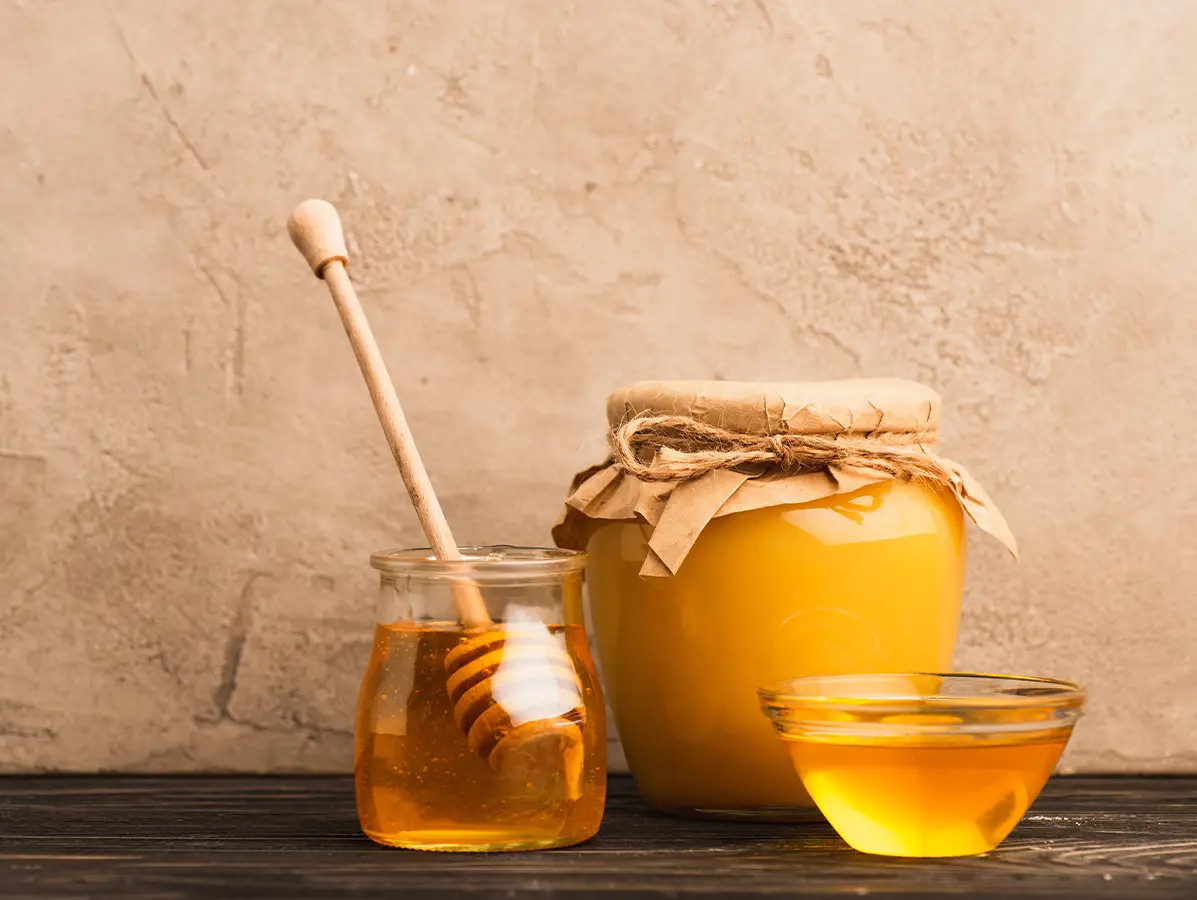We're currently searching through more than 4,000 articles, just a moment's patience...
We're currently searching through more than 4,000 articles, just a moment's patience...

Anyone selling or processing honey needs to stay alert: nearly half of the honey entering Europe is impure. A European Union investigation shows that 46 percent of imported honey is mixed with other substances—mainly cheap sugars. These are added to cut costs and increase volume.
According to the EU definition, honey must come exclusively from nectar or honeydew. In practice, however, some producers add sugars—or even feed them directly to the bees. The bees then process the sugars, creating a product that looks like honey but isn’t.
René De Backer, chairman of the Flemish Bee Institute (VBI), sees this as a serious issue. “Checks on imported honey are less strict than those on locally produced honey, which poses a public health risk,” he says. Labels are often misleading too: a jar might claim to be ‘acacia honey’ while actually containing a mix of floral varieties.
To improve fraud detection, a European reference laboratory will be established in Geel. In Flanders, the VBI is developing a charter for beekeepers, also to address unintentional errors. “Some beekeepers leave sugar in the hive during winter. Bees can process this into the honey. That’s technically fraud,” says De Backer.
He points out that analysis methods have significantly improved. Even honey sold as local can now be traced to its true origin if it was actually imported. At the same time, he stresses price awareness: “If you’re buying honey for three to four euros a jar, you can assume it’s not pure honey.”
Source: VILT
Vakblad Voedingsindustrie is a project of b2b Communications BV.
© COPYRIGHT 2025 VOEDINGSINDUSTRIE | ALLE RECHTEN VOORBEHOUDEN
Powered by Wallbrink Crossmedia © 2025
Een abonnement kost € 80,- exclusief 9% BTW per jaar.

We work in accordance with the privacy legislation. After your registration you will receive an e-mail with a confirmation link. Only after you have clicked on this link will you be registered as a recipient of the newsletter. If you can't find the e-mail in your inbox, please also look at unsolicited e-mail.


Lorem ipsum dolor sit amet, consectetuer adipiscing elit. Aenean commodo ligula eget dolor. Aenean massa. Cum sociis natoque penatibus et magnis dis parturient montes, nascetur ridiculus mus. Donec quam felis, ultricies nec





